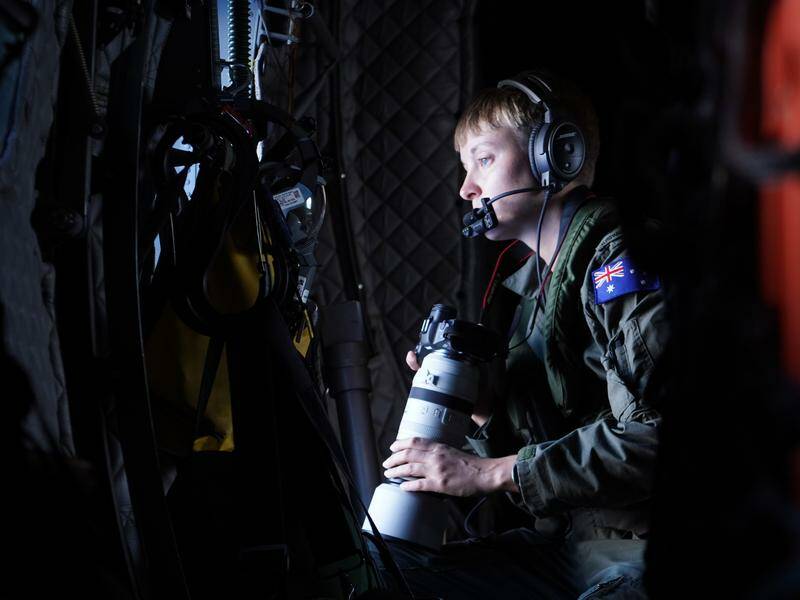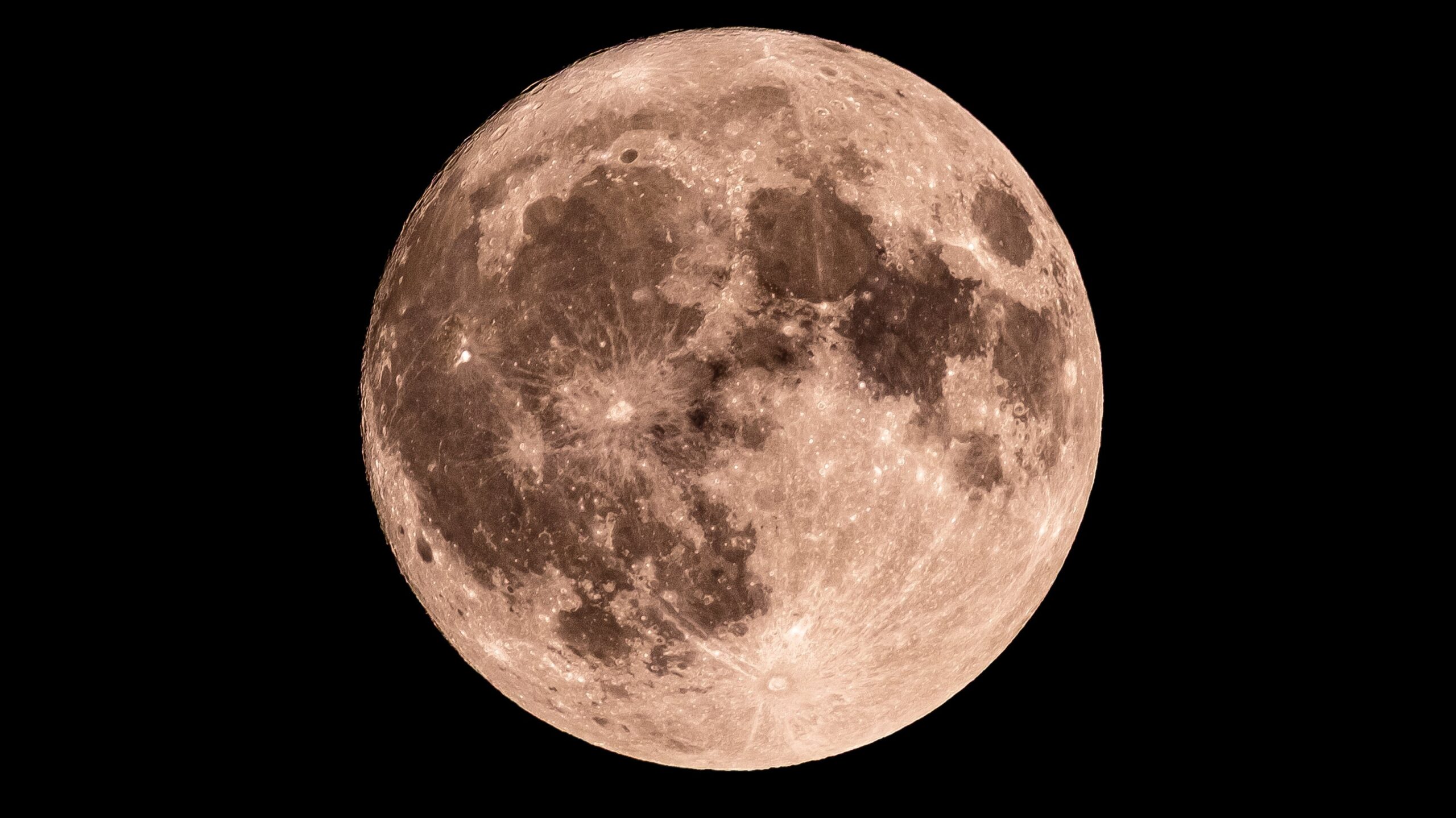
UPDATE: Australia has just launched a significant offensive targeting illegal, unreported, and unregulated fishing (IUU) across the Pacific, aiming to protect local economies and fish stocks. Authorities report that up to 90 percent of vessels operating in exclusive economic zones misreport their catches, threatening the livelihoods of small island nations.
The operation, known as Operation Solania, saw the Australian Defence Force (ADF) commit one of its 10 C-27J Spartan aircraft to the Solomon Islands for a two-week mission, enhancing maritime surveillance in the face of escalating illegal activities. This is part of a broader initiative, Operation Island Chief, which ran from August 4 to 15 and involved eight surface patrol vessels and six aircraft.
During this intensive period, authorities conducted 100 boat boardings, uncovering numerous violations. Of these, 53 occurred in port while 47 took place at sea. Aerial patrols flagged an additional 100 vessels for further investigation, highlighting the scale of the challenge faced by enforcement agencies.
The Pacific Islands Forum Fisheries Agency, which oversees these operations, collaborates with allies such as France, New Zealand, and the United States to track rogue trawlers using advanced technology. Commander Khan Beaumont of the Australian Navy emphasized the importance of surveillance, stating,
“It’s having that cop on the beat saying, ‘we are here, we are watching’.”
Despite these efforts, enforcement remains a struggle due to limited resources. Many small nations are critically understaffed, with some having only one or two personnel designated to handle complex IUU cases. The situation is exacerbated by the presence of foreign fishing fleets from countries like Japan, Korea, China, Taiwan, and the Philippines, which exploit weak legal jurisdictions.
Commander Beaumont pointed out that the economic reality for some Pacific nations necessitates allowing foreign fishing fleets to operate, as they provide essential revenue. He warned that the sustainability of tuna stocks is at risk, stating,
“If they’re overfished and those fisheries collapse for any reason, then those economies are jeopardized.”
Artificial intelligence systems are being developed to process vast amounts of data from thousands of satellite images daily, aiming to enhance enforcement capabilities. Australia has also gifted more than 20 Guardian-class patrol vessels to aid island nations in their fishing patrols.
However, tensions rise as China intensifies its maritime activities in the region. The Chinese Coast Guard is set to begin operations with the Western and Central Pacific Fisheries Commission in 2024, which could complicate enforcement efforts by local authorities. Although no boardings are reported to have taken place by Chinese vessels in the high seas pockets, officials are wary of potential aggressive tactics, reminiscent of their actions in the South China Sea.
As Australia and its allies ramp up their maritime surveillance efforts, the immediate future of fishing across the Pacific remains uncertain. The implications of illegal fishing extend beyond individual nations, threatening the entire region’s economic stability and environmental sustainability. With the situation developing rapidly, authorities call for continued vigilance and international cooperation to combat this pressing issue.
Stay tuned for further updates as this critical operation unfolds.







